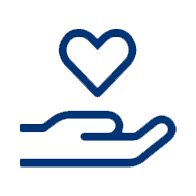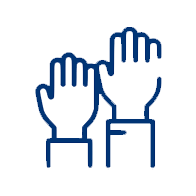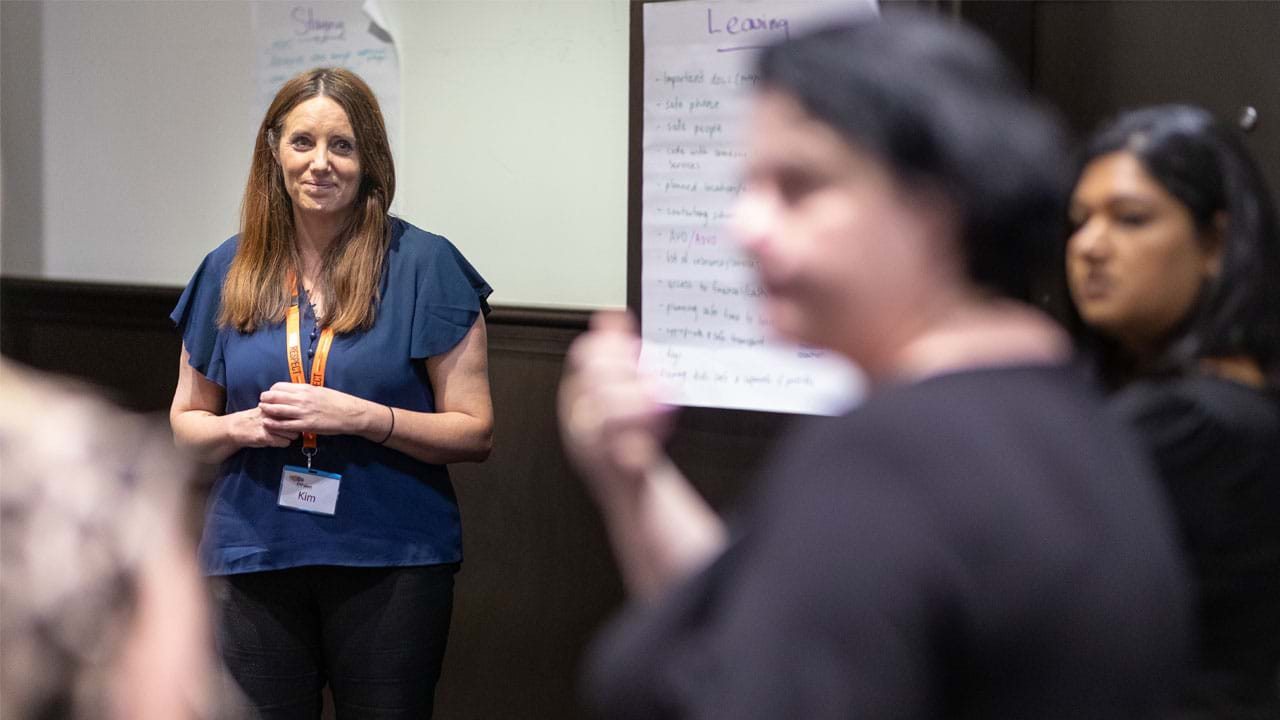It is important to remember that you are not alone and that there is help out there. Below are some resources on how you, or someone you know, can get assistance and support through domestic and family violence. For more specific help, please see our tool kit below.
- 1800RESPECT (1800 737 732) — National Sexual Assault, Domestic Family Violence Counselling Service (24 hrs)
- Relationships Australia – information on relationship support services for individuals, families and communities. Phone: 1300 364 277
- NSW Domestic Violence Line – for women and same-sex partners who are experiencing or have experienced domestic violence. Phone: 1800 656 463
- NSW Rape Crisis – for anyone who is or has experienced sexual violence and their supporters. Phone: 1800 424 017
- Mensline Australia – supports men and boys who are dealing with domestic and family violence and relationship difficulties. Phone: 1300 789 978. Online chat is also available: mensline.org.au
- For information about receiving a Centrelink crisis payment to help you with immediate financial concerns, contact Centrelink on 13 2850 or find information online
- Some banks offer support for customers experiencing domestic and family violence. Call your bank to see how they can assist you.
If you need immediate help call 000.
For Crisis Support call Lifeline on 13 11 14 (24/7) or via text (12pm-6am AEDT) on 0477 13 11 14












